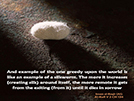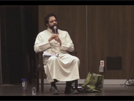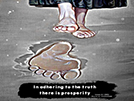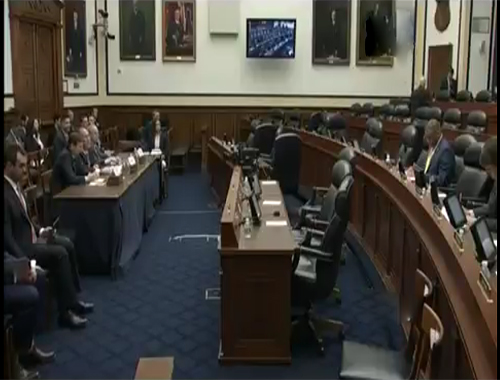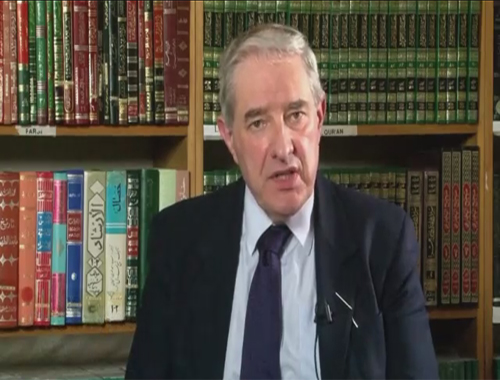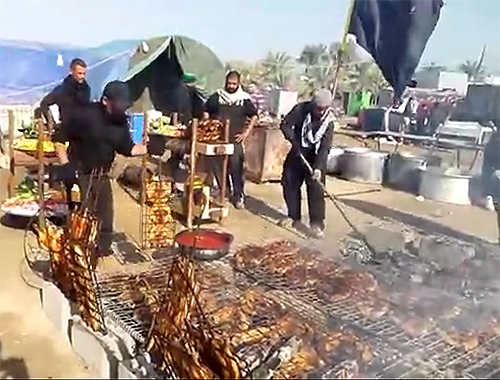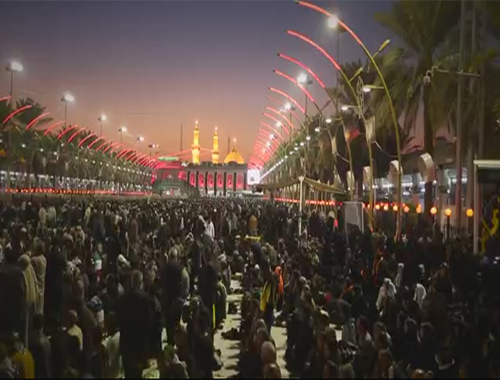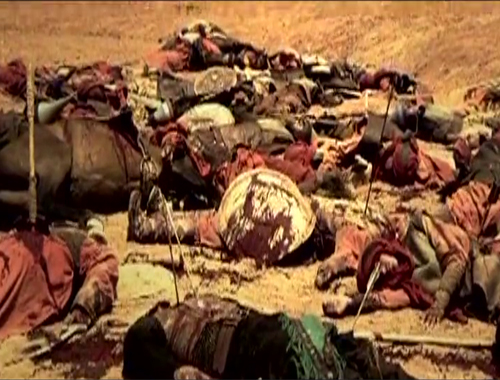1. The Middle Path
- Details
- Hits: 5806
1. The Middle Path
Islam is a complete way of life. It is not only concerned with the spiritual upliftment of human beings, it is equally concerned about their material and physical wellbeing. Islam guides its followers in financial and economic matters, in social and political affairs, and also in moral and personal spheres of human life.
In this lesson, I will briefly describe the economic system. However, one must always remember that the Islamic economic system is not in itself complete; it is a part of the overall system of life. Islam is a compact system of life in which all its aspects (religious, ideological, social, political and ethical) are well synchronized. Muslims will succeed only if they put the whole system into work, and not just choose and pick from it according to their likes and dislikes.
Anyhow, for this lesson, the simplest way to describe the Islamic economic system is by highlighting its differences with capitalism and communism.
Capitalism is an economic doctrine based on the idea of private ownership of the means of production and distribution. It is a system in which the capitalist is given a free hand; and government does not regulate anything for the benefit of the workers. For example, there is no minimum or fair wage. Everything is left on the principle of supply and demand. The rich get richer and the poor get poorer. Poverty is equated to idleness; personal shortcomings are considered the chief cause of poverty. Hence, in its ideal system, capitalism has no room for compassion and benevolence towards the poor and the needy.[29]
A similar mentality also existed among some aristocrats of Mecca. The Qur'Än says,
“When it is said to them, `Give charity from what God has given to you,' the unbelievers say to the believers, `Should we feed the person whom God, if He wished, could feed?'” (36:47)
It was to remedy this situation that some thinkers of the West promoted the ideas of communism. The economic doctrine of communism is based on the idea of centralized public ownership of the means of production and distribution. The communists went to the other extreme and completely denied the concept of private ownership. Communism was a reaction to the vices of capitalism; but a reaction which tried to completely supress a concept ingrained in us by nature, that is, private ownership. Naturally, as soon as the masses were given political freedom, they rebelled against communism. The collapse of this system in Soviet Union and Eastern Europe is a living testamony to this fact.
Although communism has failed, it had quite an impact on the economic policies of many countries. Quite a few Western capitalist countries, to prevent the spread of communism, modified their economic system and created what is now known as welfare states. A welfare state allowes provisions to prevent exploitation of the workers and to provide for the basic needs of each citizen.
Islam is “a straight path;” and naturally, its economic system is based on very balanced standards. Islam, in contrary to communism, recognises the concept of private ownership. But, in contrary to capitalism, Islam has limited the means of acquiring wealth to prevent the excessive accumulation of wealth in a minor quarter of the society.
The Islamic economic system is based upon the belief that only Allah is the real and actual owner of everything. But God has also implanted the concept of ownership in our nature; and thus, we are allowed to “own” the wealth of this world. The Qur'Än says, “Whatever is in the heavens and the earth belongs to Allah.” (2:284) Allah is the owner of the whole universe. It is in this capacity that He has allowed us to own the blessings of this world by saying, “He has created for you whatever that is in the earth.”(2:29)
However, Islam also wants to prevent the excessive accumulation of wealth in the hands of a few people so the society may not fall into two classes: one is overstuffing, while the other is starving. The chance of such a situation is very real. A look at one of the richest nation in the world, the United States of America, and its problem of the poor, hungry and homeless people will bear us out. The Qur'Än justifies the concept of tax by saying, “...so that (the wealth) may not become a monopoly of the rich among you.” (59:7)
In the early period of the Islamic history, such a situation actually occured. When `UthmÄn bin `AffÄn became caliph, he handled the public wealth in such a manner that within a short time, his tribe, the Umayyads, became the richest people in the Muslim empire. Imam ‘Ali bin Abi TÄlib, in a famous sermon, explains the reasons why he was reluctant to accept the caliphate after `UthmÄn's murder. The Imam says, “Had it not been for the pledge of Allah with the learned people that they should not be indifferent to the gluttony of the oppressor and the hunger of the oppressed, I would have cast the rein of caliphate on its shoulders...”[30] Top in the list of priorites of Imam ‘Ali's caliphate was the re-establishment of social justice in the Muslim community. And it this same agenda which created strong opposition to ‘Ali among those who were used to special privileges during the previous caliphate.
Islam does not only teach equality of the Muslims in the eyes of Allah, but it also promotes equality in economic sphere. However, “equality” in Islam does not mean “similarity”. Islam aims to elevate all its followers to the level of ghina—being free from want. It is this equality which Islam strives for in its economic system.

